Published on: December 6, 2023
AI marketing automation: Why it’s not just for big businesses (the personal touch)
Author: Inge von Aulock

It’s true: AI-based marketing automation isn’t a distant dream confined to multinational giants anymore. Just like David, who unabashedly faced Goliath with a sling and a stone, small businesses are stepping onto the battlefield, equipped with the power of artificial intelligence. They’ve got sharper insight, personalized strategies, and optimized efficiency strapped to their armor, and no – it’s not costing them a fortune.
Finding AI confusing or expensive? It’s neither.
It’s as accessible and affordable as getting your morning coffee from your favorite local café. Plus, it has the potential to boost your marketing efforts in the same way caffeine kicks your brain into high gear. Let’s welcome the era of small businesses taking AI in their stride and redefining the marketing game. This is about how AI can automate marketing efforts to become every small business’ secret weapon by injecting a newfound power, the personal touch.
The benefits of AI marketing automation for businesses of all sizes
- Lower overhead costs
- Added customer insights
- Increased efficiency and productivity
Smaller overhead costs
AI-powered marketing automation simplifies marketing duties, which traditionally necessitate hiring multiple accomplished staff members. Among many small and medium-sized businesses, budget constraints often lead to a compromise on marketing teams. However, AI automation software can ease this burden by taking over repetitive tasks, freeing up staff for more strategic tasks. This combination presents a cost-effective solution, reducing the overhead expenses tied to manual marketing operations.
Automating tasks such as customer segmentation, email marketing, social media posts, and customer service can significantly reduce the time and resources required to perform these tasks manually. Shifting to automated processes translates into faster completion of marketing objectives and, ultimately, a better bottom line.
Greater customer insights
AI automation can analyze consumer data and behavioral patterns at a scale much larger than any manual effort. This extensive data can assist businesses in understanding their customer base in a nuanced manner, enabling an advanced level of segmentation and personalization. Moreover, it provides insightful analysis, such as predictive buyer trends, preferences, and triggers, leading to more targeted marketing efforts.
Predictive analysis is particularly pivotal for businesses, big and small. With these insights, professionals can foresee customer behavior, enabling them to craft marketing campaigns and strategies that resonate with their target audience.
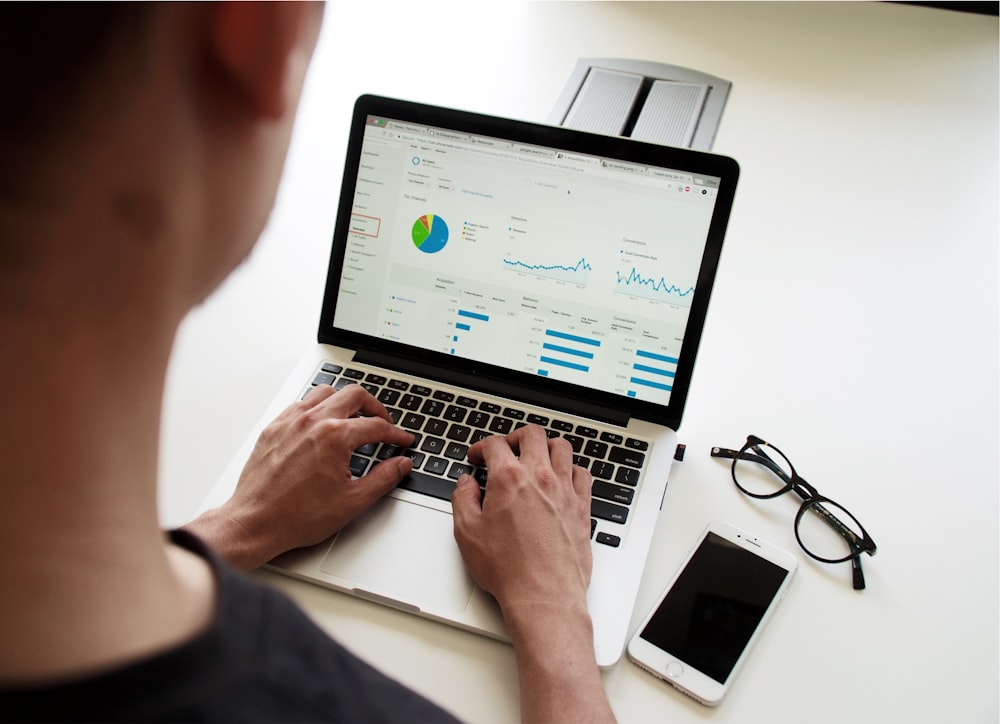
Increased efficiency and productivity
AI marketing automation accelerates productivity by streamlining multiple layers of marketing processes. This efficiency isn’t merely about replacing manual tasks; the incorporated AI technology and machine learning can make smart predictions, optimize campaign strategies, and perform multivariate testing, drastically increasing your campaigns’ success rate.
AI marketing algorithms can also optimize content strategies by analyzing consumer responses to different types of content and figuring out what works best for engagement and conversion. This will help guide future campaigns based on data-driven decisions rather than arbitrary choices.
Automating marketing with the help of AI is not reserved for big businesses alone. By effectively minimizing costs, providing invaluable customer insights, and boosting productivity, it can significantly thrust businesses of all sizes toward sustainable growth and competitive advantage.
Small business success
Here’s what automating with AI can do for small businesses:
Boost productivity
A productivity leap is one of the first benefits a small business can expect when implementing AI-based marketing automation. Often, small businesses are stretched thin trying to manage different areas of operation. AI marketing automation offloads some of the time-consuming tasks, such as lead generation, email marketing, and customer data analysis.
Save time
A typical small business might spend at least 10 hours each week managing social media posts and responding to customer emails. With AI marketing automation, it’s possible to reduce this time dramatically to just one hour per week, freeing up nine hours for other business operations.
Amplify sales through precision
Aside from productivity, automation aids in precision market targeting, resulting in increased sales. The tools help accumulate and analyze customer information, highlighting trends and preferences to devise personalized strategies. For example, an analysis might reveal that a certain item is the most-liked product on your Instagram page. Recognizing this preference, you can use AI tools to run targeted ads for this product to increase sales.

The role of customer data analysis
Data is a goldmine for small businesses, especially when it’s about your customers. Understanding patterns and preferences from this data can guide successful marketing campaigns or strategies. Use customer information and AI to determine your company’s favorite product. Then, run a targeted ad campaign, and you should see a spike in sales of this product.
This is an accessible and beneficial tool for small businesses, helping them understand their customers better, boost productivity, and enhance sales.
Understanding AI marketing automation
In the growing digital marketing landscape, there is a rapid advancement in technology resulting in tools that streamline and optimize operations, one of which is AI marketing automation. This technology, often a domineering chatbot or a savvy machine learning algorithm, offers businesses an extended arm that completes marketing-centric tasks efficiently. But what exactly is it, and why is it essential for your business?
The core concept
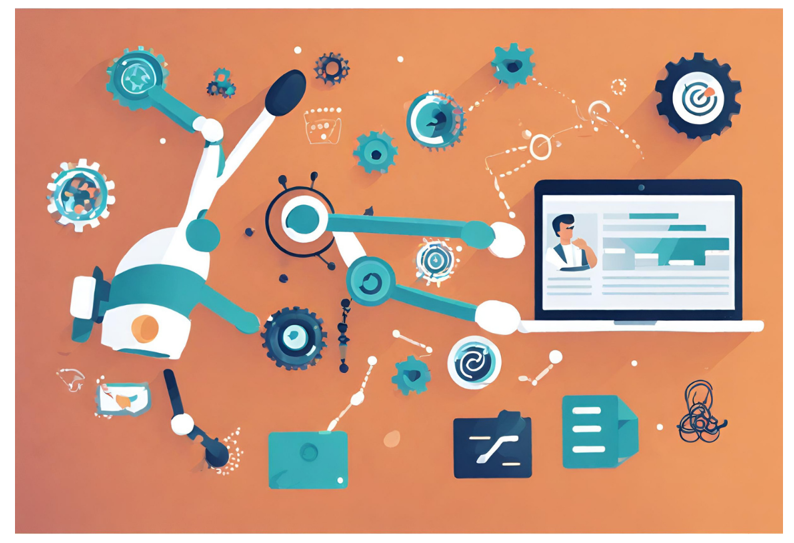
AI marketing automation is the application of artificial intelligence and related technologies to automate repetitive marketing functions, data analysis, and decision-making processes. This technology gives businesses an edge by enabling them to process large volumes of data and draw actionable insights for strategic planning.
One of the standout features is its ability to learn and adapt. It isn’t a static technology that executes predefined operations. Instead, it learns from data patterns and customer behaviors, continually improving its performance and making smarter marketing decisions.
AI does the heavy lifting, analyzing past customer details to create predictive models, which can be used to personalize marketing messages and strengthen customer relationships.
The power of personalization
With this AI technology, businesses can move beyond one-size-fits-all marketing. The tool allows businesses to craft personalized, relevant messages that resonate specifically with each customer segment. This micro-targeting capability goes a long way toward enhancing customer experience and, in turn, customer loyalty.
Efficiency, scale, and adaptability
AI marketing automation brings about greater operational efficiency by automating time-consuming, complex tasks. It navigates through the vast sea of customer and product data, identifying patterns and uncovering hidden insights, thereby freeing your marketing team to focus on other strategic assignments.
AI isn’t restricted by scale. It can handle large volumes of data, and the tasks it can take on simultaneously are practically endless. This scalability allows small and large businesses to grow without unnecessary increments in workload.
Integration with existing marketing strategies
Taking full advantage of AI automation technology goes beyond implementing AI tools into a marketing strategy. It’s about seamlessly integrating it with existing techniques. Brands, big or small, that understand this synergy and execute it well are the ones that reap maximum benefits – enhanced brand growth, improved customer retention, and higher profitability.

The evolution of marketing automation
Marketing automation, a concept born out of the necessity to simplify and streamline marketing tasks, has undergone a significant transformation within the industry over the past years. Fusing AI with automation processes is not a flight of fancy—it’s happening right now.
From manual to automatic: marketing automation’s humble beginnings
Marketing automation has come a long way since its inception. Previously, manual processes ruled the roost, with marketers executing time-consuming tasks such as data entry, customer segmentation, and campaign management by hand. With the advent of automation software, these mundane tasks are now largely automated, freeing up marketers to focus on strategy and creativity. Automation was a game-changer, bringing efficiency, speed, and scale.
Introducing AI into marketing automation
Undoubtedly, the most significant leap in marketing automation’s evolution has been marrying it with AI. The fusion of AI’s data-driven decision-making capabilities and automation’s rapid execution has opened up a whole new world of opportunities. AI-powered marketing automation tools can now personalize marketing campaigns, predict consumer behavior, and even guide marketers with actionable insights.
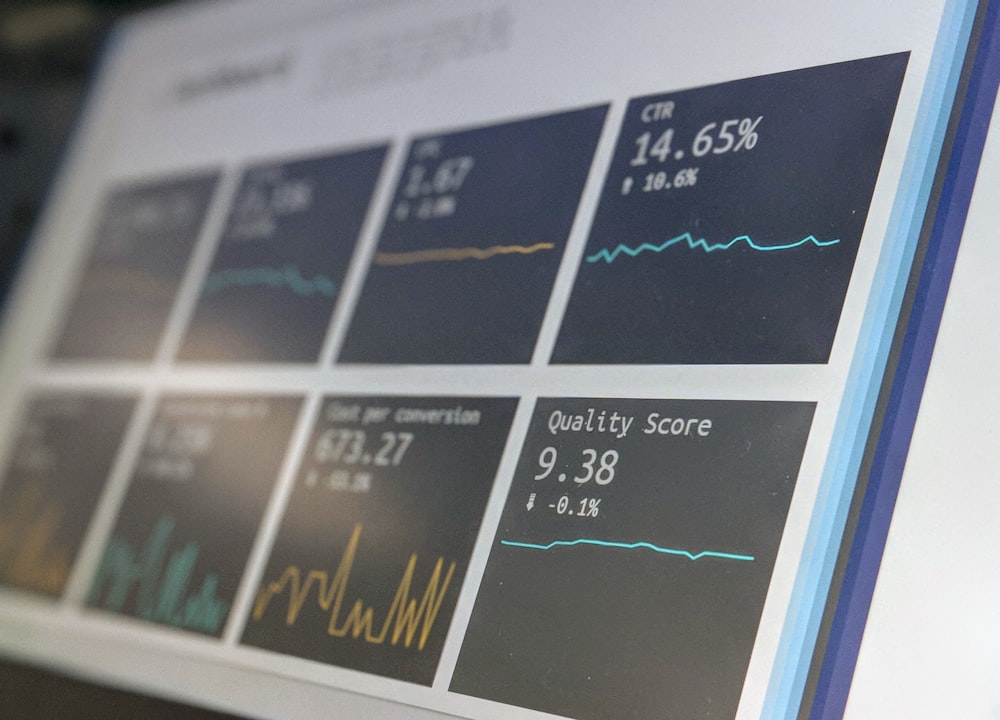
Realizing unprecedented benefits
The benefits derived from AI-powered marketing automation are immediate and substantial—from achieving highly personalized customer interactions to increased revenue. AI can analyze and interpret large volumes of data to unearth hidden customer insights, greatly enhancing a marketing campaign’s effectiveness. It governs automation tools to better predict consumer behavior, optimizing real-time campaign strategies.
Why AI marketing automation is not just for big businesses
A leveler in the marketing landscape
Regardless of their size, businesses are confronted with a similar challenge – to reach the right audience. With AI marketing automation, the playing field is notably leveled. Even small businesses can harness the expansive capacities formerly exclusive to larger businesses. AI enables precise targeting and nurturing of potential customers.
Automation complements human creativity
Automation does not replace humans in the marketing field. Instead, it complements personnel by taking over repetitive, mundane tasks, freeing individuals to focus on the strategic, creative aspects of marketing. By incorporating AI, businesses leverage human creativity, leading to more nuanced and effective marketing plans.
Savvy resource allocation
Time and resources are precious, particularly within small businesses. AI automation helps optimize resource allocation by automating certain marketing processes. This not only leads to cost savings but also contributes to a more efficient operation by allowing staff to focus on tasks that require a personal touch.
Personalized marketing
AI allows for personalized digital marketing, maximizing engagement with potential customers. By examining customer behavior, preferences, and past interactions, AI can formulate personalized content, offers, and communication strategies, increasing the chances of conversion.
Data-driven decision-making
One of the main advantages of using AI in marketing is its ability to quickly collect and analyze vast amounts of data. Any business can obtain in-depth insights about its market, competition, and customers. This results in better decisions and strategies based on concrete data rather than guesswork.
Utilizing customer insights
With AI analysis, businesses can answer complex questions about their customers. From understanding customer purchase behaviors to predicting future trends, AI provides a comprehensive view of customer interaction, assisting in your marketing strategy’s constant evolution and improvement.
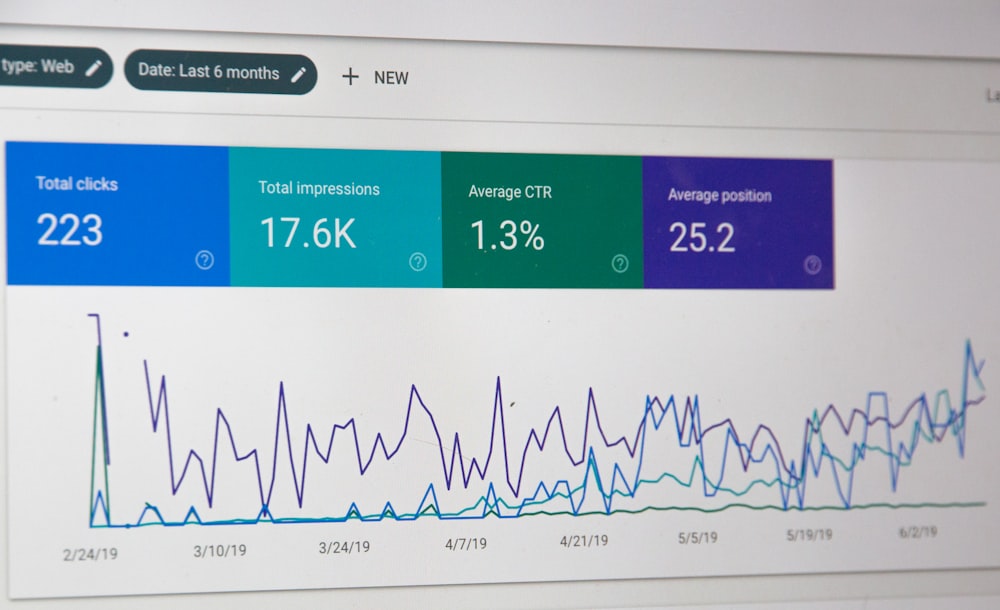
Your marketing strategy should always be ready to adapt and improve. With the comprehensive customer insights AI provides, you gain a deep understanding of your audience. This information is crucial for creating and adapting a marketing strategy that truly resonates with your target demographic.
The cost of AI marketing automation
As we delve into the benefits of AI marketing automation, it’s also essential to consider its cost implications…
- AI marketing automation doesn’t have to break the bank
- Small businesses can afford it, too
- Lower costs mean quick ROI
Understanding the real costs
AI marketing automation is often misunderstood as a big-budget endeavor. Reality tells a more optimistic story. The pricing models vary, spanning from free options to more detailed and tailored packages. This flexibility makes AI marketing automation more accessible for businesses of all sizes, including smaller ones on a tighter budget.
Small-sized businesses, especially those just starting out, may contemplate the cost factor before adopting automation tactics. Concerns often revolve around the thought – “Is it expensive to automate marketing?” While the initial expense of setting up AI marketing automation may be noteworthy, the added value is certainly substantial.
Cost-efficiency and ROI
The future of marketing lies in personalization and automation. Companies who want to stay competitive can’t ignore the potential of AI in this endeavor despite the accompanying expenses. What needs to be evaluated here is not just the upfront price tag but also the gain in efficiency and productivity it promises, leading to a much quicker ROI.
Investing correctly in marketing automation tools can certainly prove to be cost-effective in the long run. Think of it as a magnifying glass focusing the light – you’re narrowing down your efforts, eliminating redundancy, and achieving higher precision. The overheads seem to shrink when evaluated against enhanced reach, customer retention, and improved conversions.
Opting for scalability
AI marketing automation is not a one-time affair. It’s a regular cost, a recurring investment towards efficiency. Yet, the good news is most marketing automation platforms offer scalable pricing models. As your business grows, the automation capabilities can be upgraded to suit your changing needs.
Scalability is attractive for startups and small-sized enterprises. Efforts to justify the costs can be better channeled towards choosing the right provider with flexibility and adaptability. A smaller business might start at a modest level, gradually scaling up as the benefits become apparent and funds are available.
The cost of AI Marketing does not have to hinder the adoption of these effective strategies. It’s about choosing the right tool that echoes your business needs, scale, and budget. Small businesses notably have more to gain in this bargain – getting a comparative edge, increased productivity, and a sense of direction in their marketing efforts.
How to implement an AI marketing tool in your business
Embarking on the AI marketing automation journey involves strategizing, choosing the right tools, analyzing your data, and training your staff. Why not experience the benefits of cost reduction, streamlined operations, and customer satisfaction?

Strategizing your AI implementation
Beginning with an effective strategy is essential. Undeniably, AI marketing automation isn’t a magic button but a strategic tool to enhance your marketing operations. Developing an AI strategy involves understanding your unique needs and goals and how automation can enhance your current operations.
For instance, if customer retention is a struggle, consider how predictive analysis can reveal patterns in customer behavior. This critical step merges marketing goals with AI functionality, creating a strategic roadmap that guides your implementation process.
Choosing the right tools
AI marketing automation comes in various shapes and sizes, each designed for specific applications. The right software depends on business size, budget, automation goals, and overall compatibility with your existing infrastructure. While plenty of tools exist, the ideal choice comfortably fits within your business and enhances operations.
Popular options include smart CRMs that manage customer data, AI-enabled email marketing tools for personalized campaigns, and machine learning algorithms to predict customer behavior.
Analyzing existing data and feeding it to the system
Now, it’s time to use your existing customer and business data. AI marketing automation thrives on data. Analytics from interaction data, sales figures, and demographics equip these systems to make intelligent marketing decisions.
The best results arise from structured, clean data. Therefore, thoroughly examining and cleaning existing data is essential before feeding it into the AI system.
Training staff to use AI
Finally, the human element plays a vital role in AI marketing automation. Your marketing teams must understand the tools, how to decode the insights generated, and how to apply those insights to marketing tasks. The right balance between human creativity and AI efficiency creates a marketing machine that drives growth.
This step doesn’t necessarily involve transforming your staff into techies but rather familiarizing them with AI’s capabilities and how to leverage them for your business. Engaging professionals or consultants is an option, but in-house workshops and training sessions are great ways to get your team comfortable using these sophisticated tools.
The best AI marketing automation tools for small businesses
Writesonic
Instead of paying content creators to craft blog posts for your small business, use an AI writer like Writesonic to do it for you. For a small team, this platform will set you back around $13 per month and includes one user and up to 200,000 words using GPT-3.5 technology. If you prefer the updated GPT-4 model, that will limit your words to around 30,000.
With Writesonic, you get multiple brand voices, over 100 templates, and one-click export to WordPress, all of which will save you lots of time.
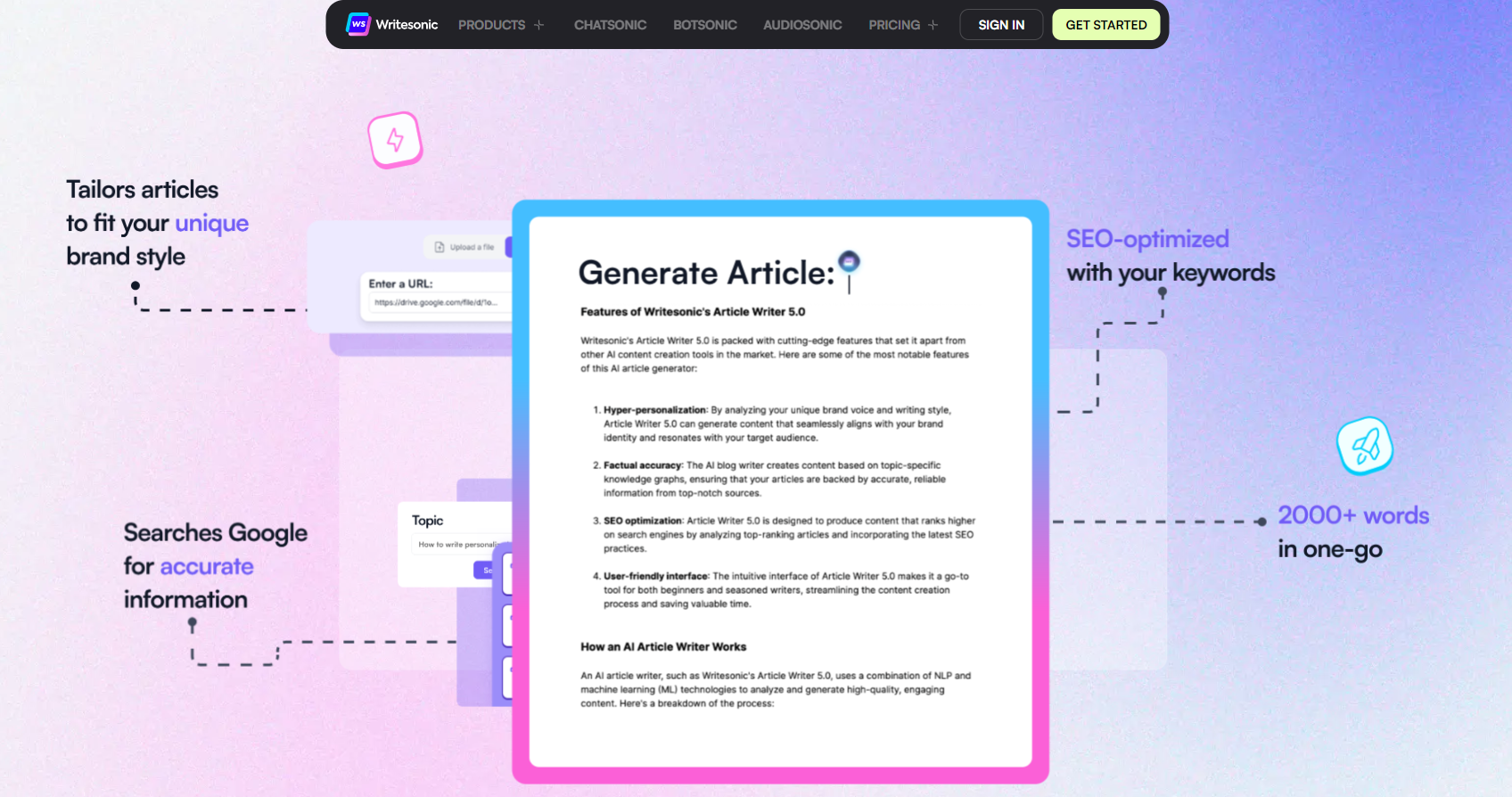
Buffer
To up your social media game, consider using Buffer. Aside from generating social media ideas and optimizing content, it also allows you to schedule and publish posts automatically. With Buffer, adding landing pages to your site and monitoring engagement is easy. The Essentials Plan for $6 per month per channel also gets you analytic tools, which should be affordable for most small businesses. Luckily, you can also try Buffer for free to see if it works for you. Otherwise, each plan has a 14-day free trial.
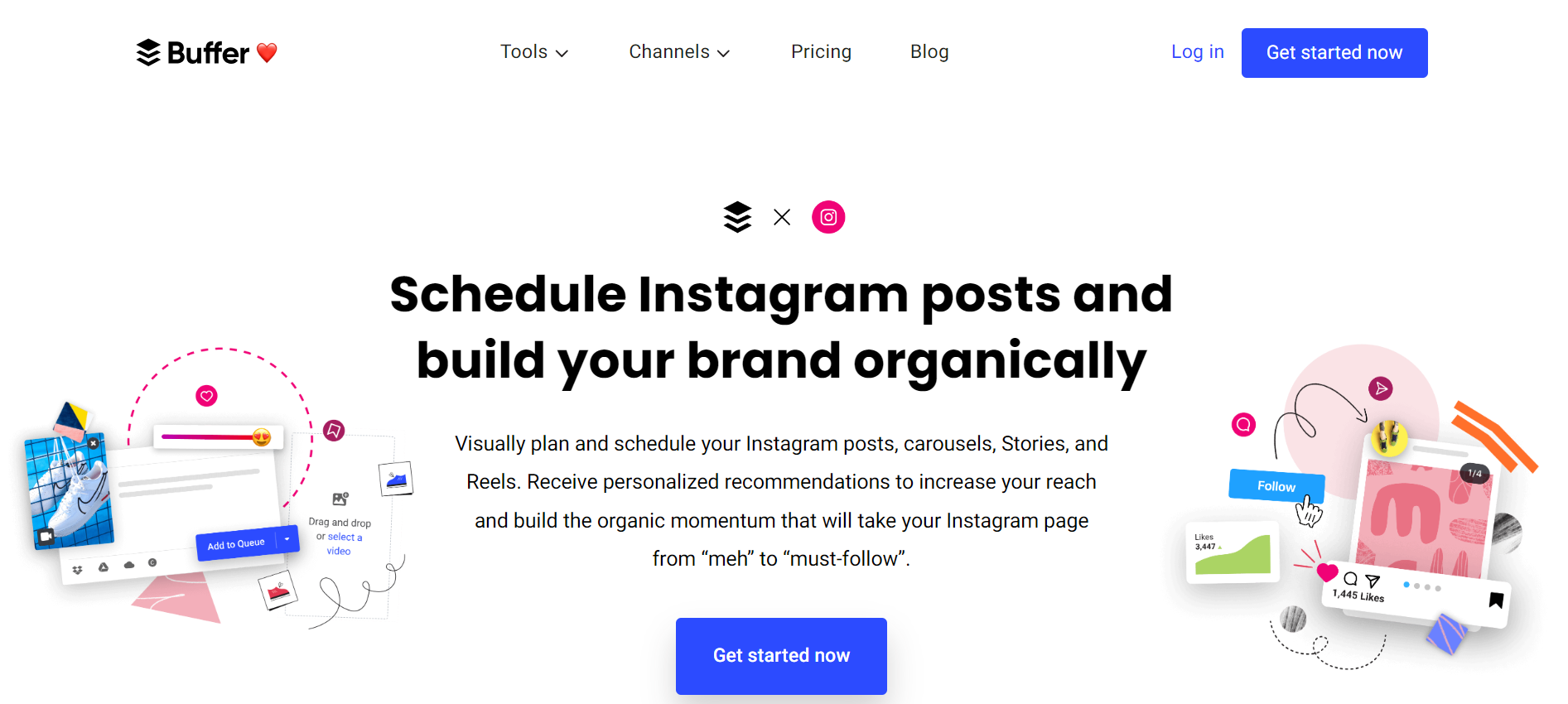
Semrush
Semrush is the perfect all-purpose AI marketing automation software for small businesses, although the investment is quite a bit more substantial than with other platforms. The basic Pro Plan is the cheapest at $129.95 per month, and anyone interested should definitely do the free trial first.
The advantage of Semrush is that you can conduct competitor research, SEO, and both content and social media marketing in one place. Plus, you can also monitor price-per-click campaigns, audit your website, and perform an analysis of your backlinks.
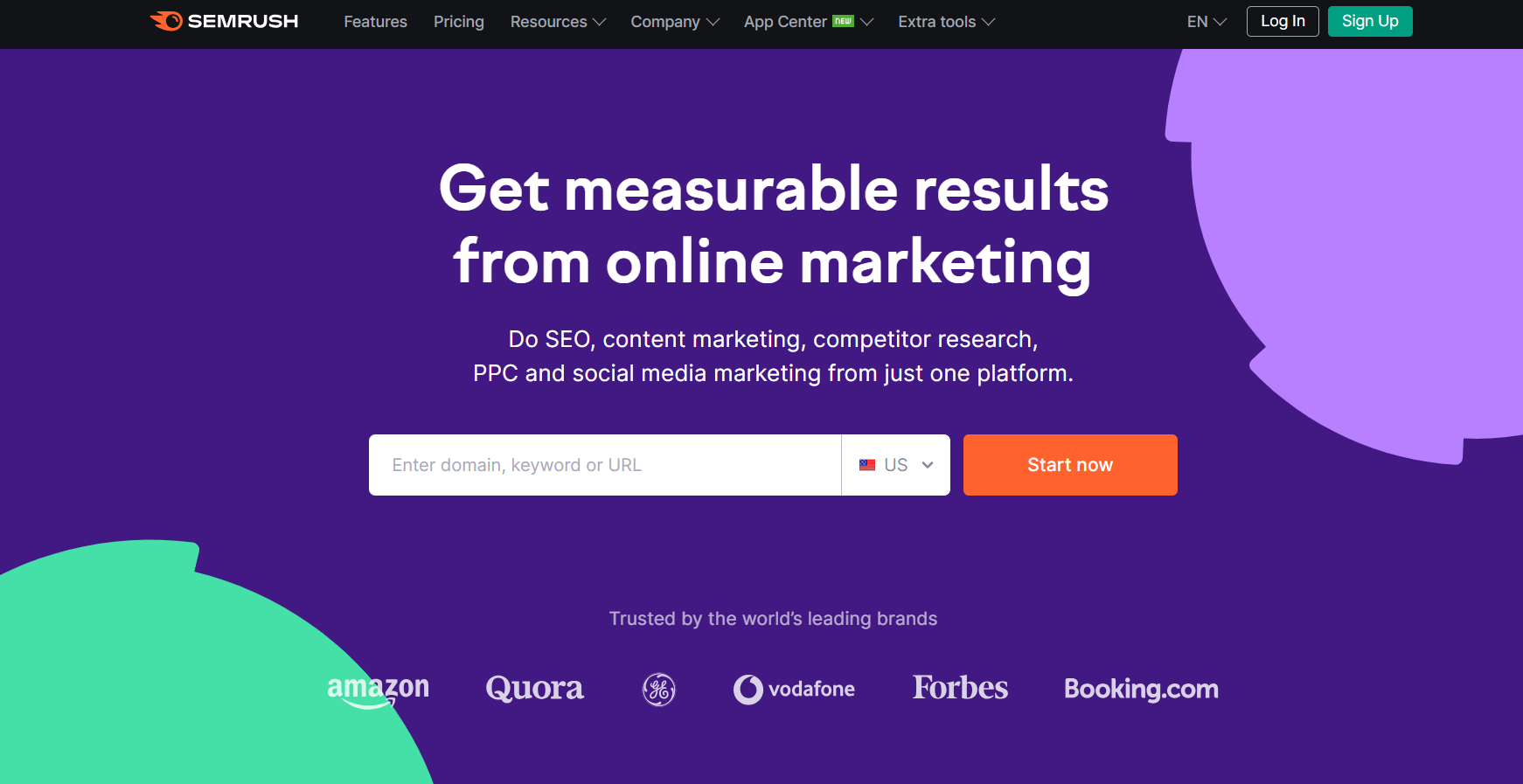
The importance of personalization in small business marketing
When it comes to small businesses, personalization isn’t simply a ‘luxury’ – it’s more like a necessity. In a world where customers are constantly bombarded with generic marketing messages, personalization can help your business stand out in a compelling way.
AI marketing tools provide this much-needed aspect. Learning from customer data over time, they help curate personalized content, offers, and interactions for each customer. This facilitates a greater understanding of customer needs and behavior, ultimately driving loyalty and positively influencing business growth.
For example, in email marketing, tools like SmartWriter.ai or Lavender use AI to improve open rates and customer engagement. They automatically segment customer lists, send out personalized emails at optimal times, and provide insights on campaign performance.
The cost-effective advantage of AI in small business marketing
One of the most significant advantages of utilizing AI in marketing is the reduction in costs. Being automated, these tools eliminate the necessity of expensive manual labor, bringing in considerable cost savings. This can be especially advantageous for small businesses operating on thin profit margins.
AI tools automate tasks and effectively eliminate human errors, resulting in further savings. Say, for instance, an AI tool is managing your Google Ad campaign. It optimizes your spending, ensures you’re targeting the right audience, and shuts down non-performing ads. It does all this without any manual intervention or errors. This dynamic aspect of AI is what makes it adaptable and beneficial to a multitude of small businesses.
Investing in these tools can pay for itself in the long term, providing a spectrum of opportunities for small businesses to reach their clientele more efficiently and effectively.
What does the future hold?
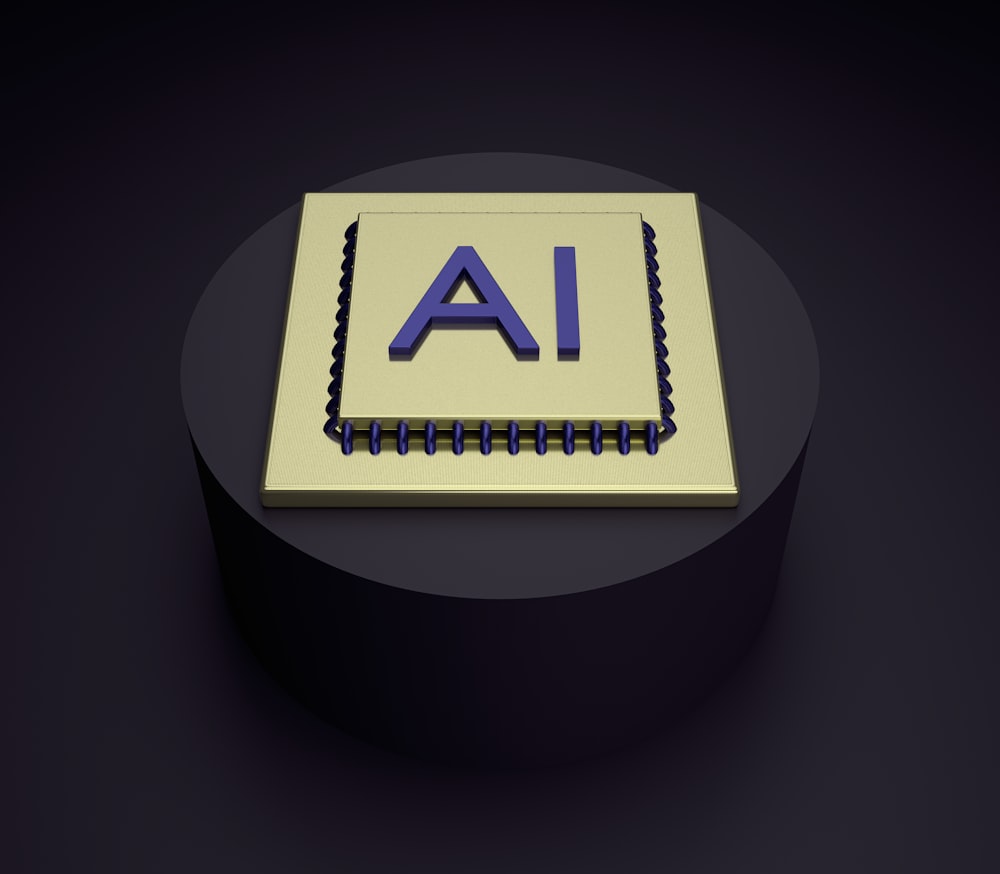
The escalation of AI-driven marketing strategies
Exponential leaps in technology and data collection strategies have paved the way for AI-driven marketing techniques. AI harnesses these vast data reserves, analyzing customer behavior patterns, market trends, and even predictive analysis. This shift in data utilization enables businesses to craft personalized outreach campaigns, accurately predict consumer behaviors, and optimize marketing strategies.
Artificial intelligence also brings to life real-time personalization, a game-changer for businesses of all sizes. It allows for instantaneous tweaks to the marketing approach based on the individual user’s actions. This responsiveness drastically intensifies the effectiveness of a marketing campaign, contributing to exponential growth and consumer engagement.
Transforming SMB marketing operations
AI is not a tool solely reserved for the corporate giants. The technology is also transforming Small- and Medium-sized business (SMB) operations. Small businesses typically have tighter marketing budgets and lower resources than their larger counterparts. However, they can leverage AI to enhance their marketing and advertising strategies while controlling costs.
Automation driven by AI allows more efficient use of resources, eliminating manual tasks that can lead to human error and ensuring a seamless user experience. This efficiency can greatly enhance the ROI of digital marketing efforts while freeing up human resources for other high-value tasks.
Empowering businesses with predictive data analysis
Predictive analysis has undeniably been a game-changer for businesses, giving them the power to anticipate customer behaviors, market conditions, and emerging trends. Automating your marketing with AI takes this a step further by continually analyzing data and fine-tuning predictions.
Companies can extract valuable insights about their consumers’ wants and their potential responses to different marketing efforts. This enables businesses to make informed decisions, maximizing their marketing efforts and ensuring sustained growth. Businesses of all sizes can harness this prediction power to stay ahead of trends, optimize marketing efforts, and generate increased profits.

Conclusion
You’ve now seen AI’s capacity to save time, personalize marketing efforts, and boost ROI. It’s a tool not just for tech titans but an under-utilized companion for your small enterprise.
AI marketing automation just doesn’t deliver big promises; it provides an opportunity to overcome marketing challenges and achieve tangible results – tailored to the unique needs of each business.
Remember, the beauty of AI marketing automation lies in its ability to grant accessibility. It’s like adding an extra power player into your team who works around the clock, targeting effectively and precisely.
Imagine stepping into work tomorrow. The AI handles your marketing efforts overnight, providing prime leads and insights for you to take action on. It’s doable. So why not explore integrating AI marketing platforms into your company today?
Inge von Aulock
I'm the Founder & CEO of Top Apps, the #1 App directory available online. In my spare time, I write about Technology, Artificial Intelligence, and review apps and tools I've tried, right here on the Top Apps blog.
Recent Articles

In 2024, your smartphone camera is about to get a whole lot smarter. AI camera apps are transforming the way we capture and...
Read More
Learn how to use advanced search tools, newsletters, and reviews to uncover the perfect AI-focused podcast for you.
Read More
AI chatbot vs virtual assistant? who reigns supreme? We're dissecting the differences, strengths, and weaknesses, using data-driven insights.
Read More